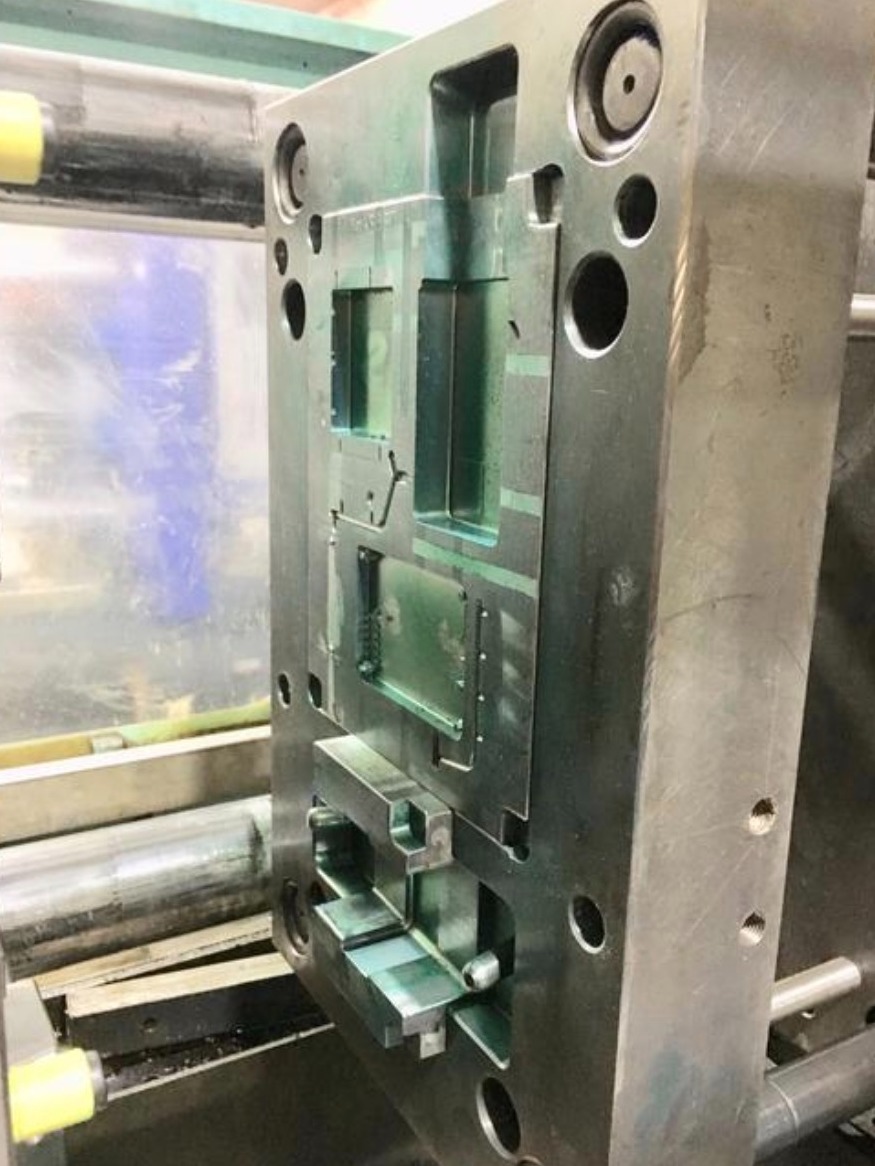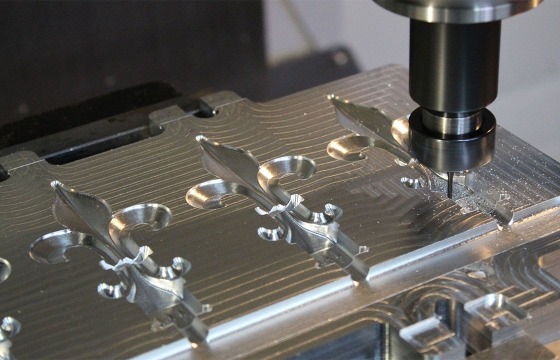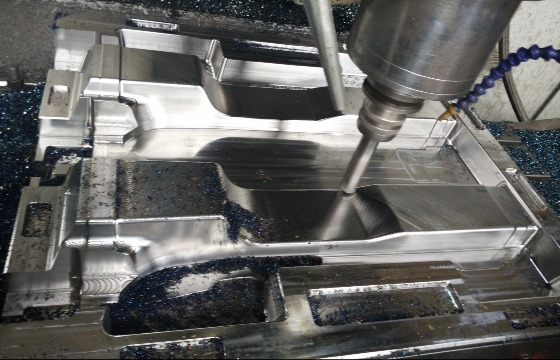Rapid Tooling & Prototype Molding Services
Get your moldings made in real material within a week
Rapid Tooling Services
Rapid tooling, sometimes known as prototype tooling or bridge tooling, is a fast and cost-efficient
way to carry out low-volume injection molding for a variety of types of plastic parts. Once the
aluminum or steel mold has been created with the rapid tooling process, it can be utilized as part of
a molding process to create multiple copies of a part. Rapid tooling is therefore used to create
moldings for rapid prototyping needs in a shortened timeframe, or to bridge the gap before high-volume
production.
At Zigitech, we combine our experience, engineering capabilities and advanced technology to
produce high-quality rapid tooling solutions for prototypes and short production runs. Our team works
directly with each customer to ensure that we create the perfect solution. Our experience speaks for
itself. The team at Zigitech is well-equipped to handle your rapid tooling and mass production mold making
requirements. If you are ready to start mass production, learn more out our injection
molding services.
Economy of Scale
In most cases, rapid tooling is the most cost-effective option for an order of 100–2,000
units: too many for 3D printing, CNC machining, or urethane casting, but not enough to
justify mass production tooling.
Top Quality
From prototype mold, we can produce high-quality moldings which are very close to mass
production, or 100% matching the final production level.
Material Options
Whatever material is available for injection molding can also be molded by rapid tooling. A
wide range of material options is, therefore, one of the core benefits of the
process.
Customizable Finishing
With rapid injection molding, we can tailor molds to produce different finishes
including smooth, glossy, and textured. Further finishing procedures such as painting, chroming,
and silk-screening can then be applied to the moldings.
Benefits of Rapid Tooling
Rapid production tooling gives a number of advantages over other
mothods of prototype production:
- Fast processing: Prototype tooling provides quick
results, so the transition between development and production is very short.
- Customization: The rapid tooling process still
allows for advanced customization of the mold.
- Proof of concept/testing: Rapid prototyping
facilitates practical real-world design testing and troubleshooting solutions. It also
enables quick and precise production of new tooling that implements design changes and
improvements.
- Speed to market: Fast production and accurate
tooling contribute to efficiency in production, ultimately providing a faster introduction
to the market than other methods.
- Competitive pricing: The affordability of the
rapid tooling process translates into a positive impact on the bottom line for our
customers.
The Rapid Tooling Process
The rapid tooling process involves the creation of a mold using aluminum or soft steel, a
stocked mold base, and hand-load inserts. Rapid tooling is one of the best methods for
fulfilling small batch orders meant for use in marketing samples, product evaluations, and
process design.
Traditional tooling is often prohibitively expensive for small projects. Our custom rapid
tooling service is a cost-effective, low-volume alternative in situations where large volumes
of the part won’t be needed in the future. The rapid production tooling process is commonly
used in industrial settings for prototyping solutions or for diagnosing design issues,
providing an easy introduction to mold making.
At Zigitech, we typically create rapid molds by CNC
machining and EDM, though we also sometimes use additive methods such as 3D
printing technologies.
Aluminum Mold or Steel Mold? Pros and Cons
An ideal choice for prototyping, aluminum mold tooling provides a
cost-effective way to produce molded parts. Since they are easy to cut, aluminum molds can reduce
tooling costs by 15–25% compared to other mold materials and reduce cycle times by up to 40%. This
translates to a faster turnaround for our customers.
Aluminum evenly dissipates heat, which provides dimensional stability in
tooling. This significantly reduces deformation and produces less waste during the production process.
It is important to note that aluminum is not as strong as steel, so it has a shorter life cycle and is
less useful in high-volume processes.
Steel is a sturdy, solid, high-quality tooling material, though it is not
suitable for all applications. Steel molds have a longer life cycle than aluminum and are therefore
ideal for high-volume production. Steel can also be used to produce molds from engineering-grade
plastics that are resistant to abrasion and corrosion.
Though it features multiple benefits, steel is a more expensive tooling
material than aluminum and requires more turnaround time to produce molds and prototypes.
Rapid Tooling FAQ
Why should I use rapid tooling?
Rapid tooling is a fast and cost-efficient way to create a few prototypes in a selected
material for function and aspect testing, as well as for low-volume manufacturing to test out the
market.
How fast can I get the moldings?
This depends on the size and geometry of the parts. For a common open and shut mold with
regular size part such as 300 x 300 x 50 mm, fabrication of tools and moldings can be done within 10
days.
What materials can I choose from with rapid tooling?
There is no limit to material choice. Any plastics available for mass production, including
common silicone and rubber materials, can also be used with the rapid tooling process.
What is the quality level of rapid tooling?
Moldings from rapid tooling are end-use-parts quality. They are very close to mass
production parts.
How many moldings can I get from rapid tooling?
Normally, aluminum molds are good enough for +/- 1,000 shots, while Steel P20 molds can last
for +/- 10,000 shots.
Rapid Tooling Services from Zigitech
At Zigitech, we are pleased to provide superior rapid tooling
services at highly competitive prices. Our services include both rapid aluminum tooling and
steel tooling to support short production runs or high-volume runs. For more information on
our custom rapid tooling prototypes, please contact us today.







